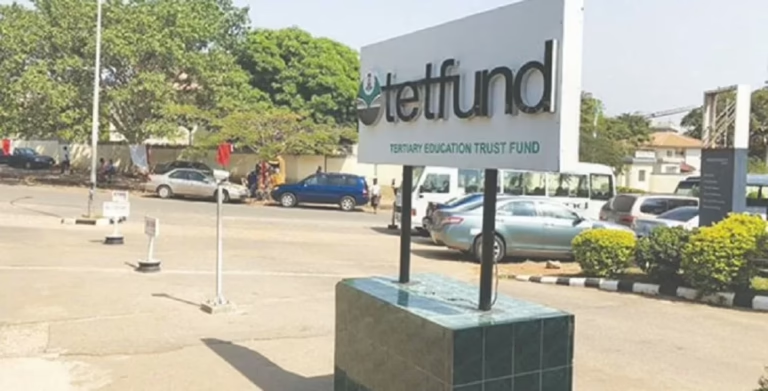The Tertiary Education Trust Fund (TETFUND) has earmarked N70 billion to develop Mini Grid Power systems in eighteen selected tertiary institutions. This initiative aims to tackle the escalating electricity costs that hinder research and academic activities across the nation.
Danladi Abubakar Sani, a TETFUND board member representing the North-East zone, revealed this during a three-day Town Hall meeting held in Jalingo, the capital of Taraba State, which brought together beneficiaries from the region.
Sani emphasized the Board’s commitment to nurturing knowledge-based industries within Nigerian tertiary institutions. This strategy is designed to stimulate innovation, create job opportunities, and drive economic progress nationwide.
He highlighted that under the leadership of Aminu Bello Masari, the Board is focused on resolving key challenges in Nigeria’s higher education sector to promote growth, innovation, and sustainable development.
“By cultivating innovation ecosystems within our universities and colleges, we are laying the groundwork for industries powered by knowledge that can generate employment and significantly boost the country’s economy,” Sani explained.
“To combat the persistent issue of high electricity expenses in tertiary institutions, the Board has approved the Mini Grid Power Project as part of the 2025 Intervention Cycle. This project, with a budget of N70 billion, will benefit eighteen institutions selected to receive sustainable mini grid energy solutions,” he added.
“This initiative will provide campuses with reliable, affordable, and renewable power, reducing operational costs and enhancing the quality of research and learning,” he stressed.
Commending President Bola Tinubu’s renewed dedication to transforming the educational landscape, Sani noted that TETFUND has already implemented numerous impactful projects in the North-East region. These include disaster recovery efforts, security enhancements, laboratory and workshop upgrades, and hostel renovations as part of the 2025 intervention programs.
He further stated that the Board is positioning Nigerian tertiary institutions to compete globally by fostering innovation and responsiveness to the needs of their local communities.
“Our focus remains on strengthening accountability, increasing investments in alternative energy, advancing research in agriculture and health sciences, and expanding ICT-driven learning platforms. Achieving these goals requires the collective engagement of all stakeholders,” Sani remarked.
“The future of higher education in Nigeria cannot be shaped by the Fund or government alone; it calls for collaboration, shared responsibility, and active involvement from institutions, communities, industries, and civil society,” he concluded.
Professor Umaru Pate, Vice Chancellor of Gombe State University, expressed satisfaction with TETFUND’s responsiveness to the needs of tertiary institutions, acknowledging that many projects in state-owned universities are funded by the organization.
However, Pate raised concerns about some states establishing new institutions with the expectation of receiving TETFUND support, cautioning that unchecked expansion without maintaining quality could jeopardize the education system.
Guest speakers at the event, including Dr. Isa Mohammed from the Department of Political Science and International Relations and Professor Solomon Iyekekpolor, Director of Academic Planning at Taraba State University, praised the Federal Government’s dedication to enhancing the quality of higher education in Nigeria.



















